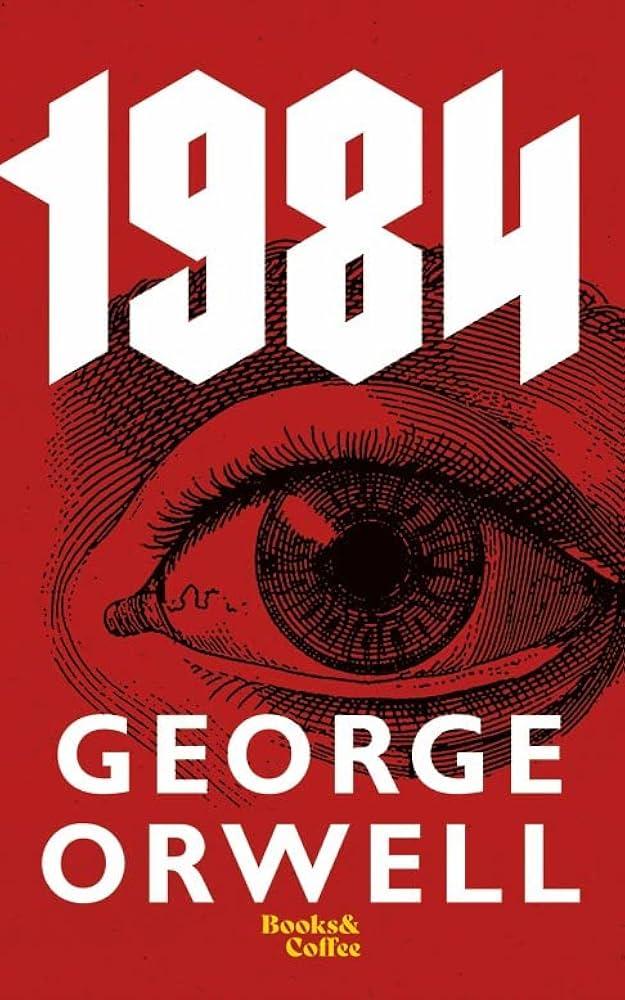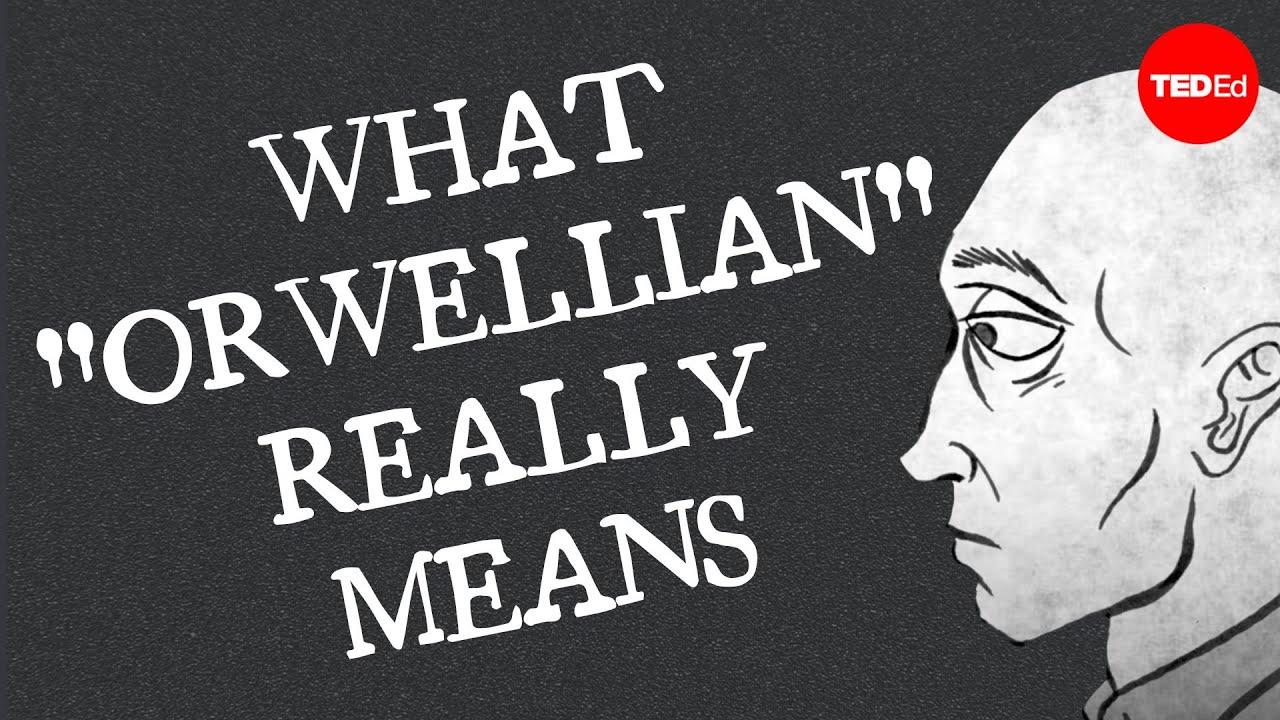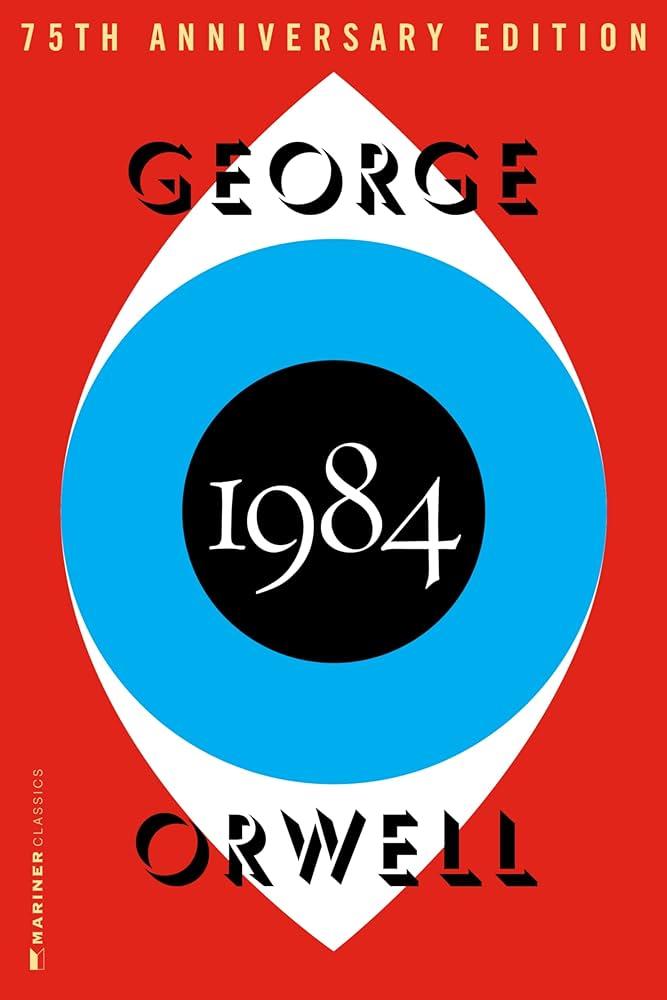In the realm of dystopian literature, few works have maintained as profound an impact on societal discourse as George Orwell‘s “1984.” Published in 1949, Orwell’s novel presents a chilling vision of a totalitarian future, characterized by pervasive government surveillance, thought control, and the erasure of individual freedoms. Over seven decades later, the term “Orwellian” has transcended its literary origins, frequently invoked in contemporary discussions surrounding privacy, free speech, and state power. This article seeks to explore the enduring relevance of “1984” in our modern world, examining the extent to which Orwell’s speculative narrative mirrors current socio-political dynamics. By analyzing key themes and comparing them to present-day realities, we aim to assess whether “1984” continues to offer valuable insights into the challenges and complexities of the 21st century.
Impact of Surveillance Culture on Privacy in Contemporary Society
In today’s digital age, the surveillance culture has infiltrated various aspects of our lives, much like the omnipresent Big Brother in Orwell’s dystopian world. The pervasive nature of technology has enabled unprecedented levels of data collection, with both governments and corporations engaging in practices that closely monitor individual behaviors. The emergence of smart devices, social media platforms, and advanced facial recognition systems has raised significant concerns about the erosion of privacy. These technologies, while offering convenience and connectivity, have also blurred the lines between public and private spheres, echoing the intrusive oversight depicted in Orwell’s narrative.
- Mass Data Collection: The accumulation of personal data by tech giants mirrors the constant surveillance in “1984,” raising questions about consent and data security.
- Loss of Anonymity: With digital footprints, maintaining anonymity has become increasingly challenging, reminiscent of the lack of personal freedom in Orwell’s fictional society.
- Governmental Oversight: National security measures often justify extensive monitoring, similar to the authoritarian control in the novel, sparking debates on civil liberties.
The parallels between Orwell’s vision and our contemporary reality provoke a critical examination of how far society is willing to sacrifice privacy for the sake of security and efficiency. The challenge lies in finding a balance that protects individual freedoms while embracing technological advancements.

The Role of Language and Thought Control in Modern Political Discourse
In examining the mechanisms of language and thought control within political discourse today, we find unsettling parallels to Orwell’s depiction in “1984.” Modern political rhetoric often employs carefully curated language to shape public perception and control narratives. This linguistic manipulation manifests in various forms, such as euphemisms, jargon, and the strategic use of emotionally charged words. These techniques aim to simplify complex issues, reduce nuanced debate, and evoke strong emotional responses, ultimately influencing thought patterns and public opinion.
- Newspeak and Euphemisms: Much like Newspeak, modern euphemisms can dilute the impact of controversial policies. Terms like “collateral damage” or “enhanced interrogation” soften the harsh realities they describe.
- Soundbites and Slogans: The prevalence of soundbites and slogans in media serves to distill complex issues into digestible and often misleading messages, limiting critical engagement.
- Echo Chambers: Social media algorithms often create echo chambers, reinforcing specific viewpoints while suppressing dissenting voices, thus mirroring the controlled discourse in Orwell’s dystopia.

Technological Advancements and Their Parallels with Orwellian Concepts
In the ever-evolving landscape of technology, parallels with Orwellian concepts have become increasingly apparent, prompting us to reflect on the dystopian elements of “1984” in our modern world. As advancements in surveillance technology grow, so do concerns about privacy and personal freedom. Facial recognition software, data mining, and algorithm-driven monitoring are tools that, while beneficial in many contexts, also echo the invasive oversight depicted in Orwell’s narrative. The notion of a “Big Brother” figure is no longer confined to the realm of fiction, as governments and corporations gain unprecedented access to individual data.
- Surveillance: The widespread use of CCTV and digital tracking raises questions about the balance between security and privacy.
- Information Control: The manipulation and censorship of information, akin to the “Ministry of Truth,” highlight the power dynamics in digital media.
- Behavioral Monitoring: Algorithms predicting and influencing consumer behavior reflect the predictive policing and thought control of Orwell’s world.
While technology has undoubtedly brought about positive change, the ethical implications of its capabilities remind us of the cautionary tales embedded in Orwell’s work. It urges society to remain vigilant about the potential for technological overreach and the erosion of civil liberties.

Balancing State Power and Individual Freedom in Todays Governance
In an era where technology is omnipresent, the delicate equilibrium between state authority and personal liberties becomes increasingly complex. George Orwell’s 1984 offers a dystopian lens through which we can examine the modern dynamics of governance and freedom. Although Orwell’s vision of an omnipotent government might seem extreme, the themes resonate today as governments worldwide grapple with issues of privacy, surveillance, and control. The novel serves as a reminder of the potential consequences of unchecked state power, prompting a continuous dialogue on the rights of the individual versus the needs of the state.
- Surveillance and Privacy: Modern technology has made surveillance more pervasive than ever. While surveillance is often justified as a means of ensuring security, it raises critical questions about the extent to which individuals are willing to sacrifice privacy for safety.
- Freedom of Expression: In today’s digital age, freedom of speech is both amplified and threatened. Social media platforms become arenas for free expression but also for censorship and misinformation, echoing the control of information depicted in Orwell’s world.
- Governmental Transparency: The call for transparency is louder now, yet many governments continue to operate in secrecy, reminiscent of the opaque operations of the Party in 1984.
